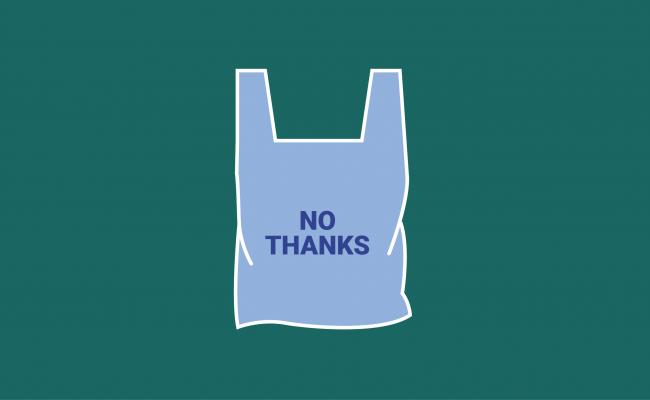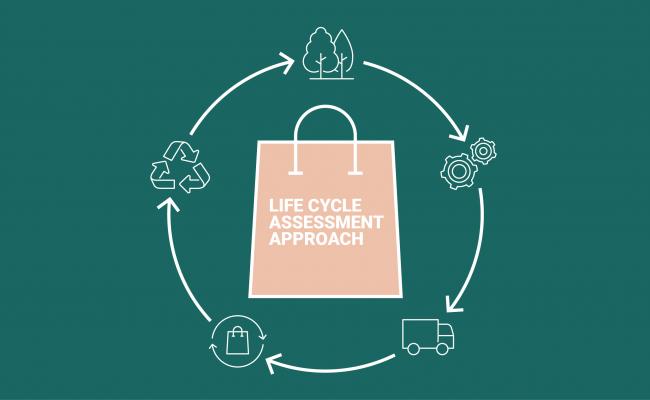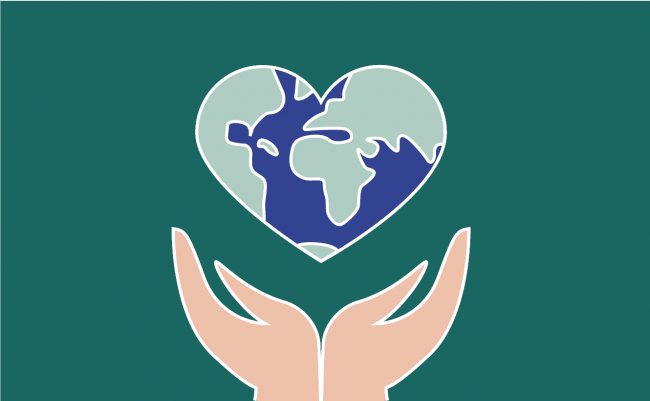- Worldwide
- Austria
- Belgium
- Bulgaria
- Czech Republic
- France
- Germany
- Iceland
- Italy
- Marché International
Our shopping bag journey
As a Travel Retail leader serving hundreds of thousands of passengers daily, we are committed to building a more sustainable Travel Retail industry.
One of the focuses of our CSR program is to promote responsible packaging and disposables. It has been especially challenging to create a sustainable strategy for our shopping bags given the diversity of our brand portfolio across three segments: Travel Essentials, Duty Free & Fashion and Foodservice, and the vast range of products we sell. But we have made a good start.
We want to invite you to join us on a more sustainable journey! Scroll down to find out more about our new shopping bag approach.

Reduce
As a first step on this journey, we minimized the environmental impact of shopping bags and REDUCED the number of bags we distribute in our stores.
Read more

To do so, we have decided, ahead of any global regulation, that we will no longer automatically offer a bag to customers in our stores.
We can leverage our extensive network of stores globally (5,000+) to spread the word and help educate customers about the fact that an effective way to become more sustainable is to reduce the amount of unnecessary packaging we use, such as single-use bags.
Read more
Responsible & Recyclable
Customers come first, and we understand that sometimes bags are needed. Therefore, as a second step, we have switched to bags made of the most RESPONSIBLE materials and that can be RECYCLED, everywhere we operate.
Read more

Choosing the best materials for our bags was a challenge. The preferable option is certified FSC or PEFC paper bags, which have the least negative impact considering the entire lifecycle and the global Travel Retail environment.
Given the different nature of products, our range of shopping bags also includes several other material options. For heavy or cold/hot items for which paper can break or for which must be sealed, or for transparent bags to meet ICAO (International Civil Aviation Organization) requirements, we offer responsible alternatives:
- 100% Bioplastic from natural sources
- Plastic bags made from recycled plastic (RPET)
- Reusable bags made from recycled content
- Cotton tote bags
Read more
Go beyond and give back
We know that there is always more we can do, and as the last step on this journey, we go further and donate part of bag sales to support charities which preserve biodiversity.
Read more

At a global level, we partnered with Reforest'Action, an organization taking action to protect forests. Reforest'Action is promoting reforestation and agroforestry since 2010, preserving, restoring and creating forests around the world. We also support local organizations which are acting meaningfully to support local communities, or to protect biodiversity in the countries we operate.
Read more

